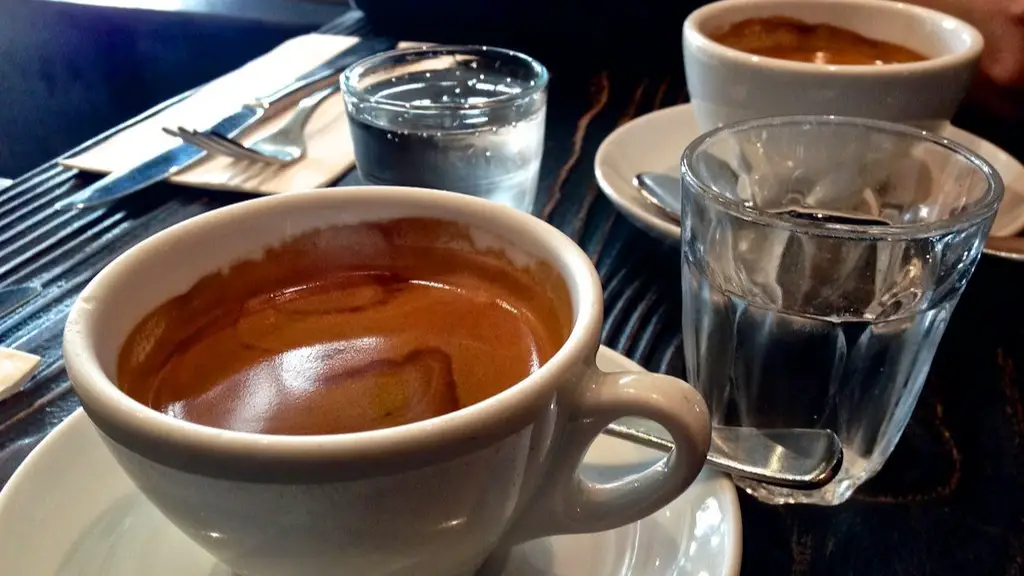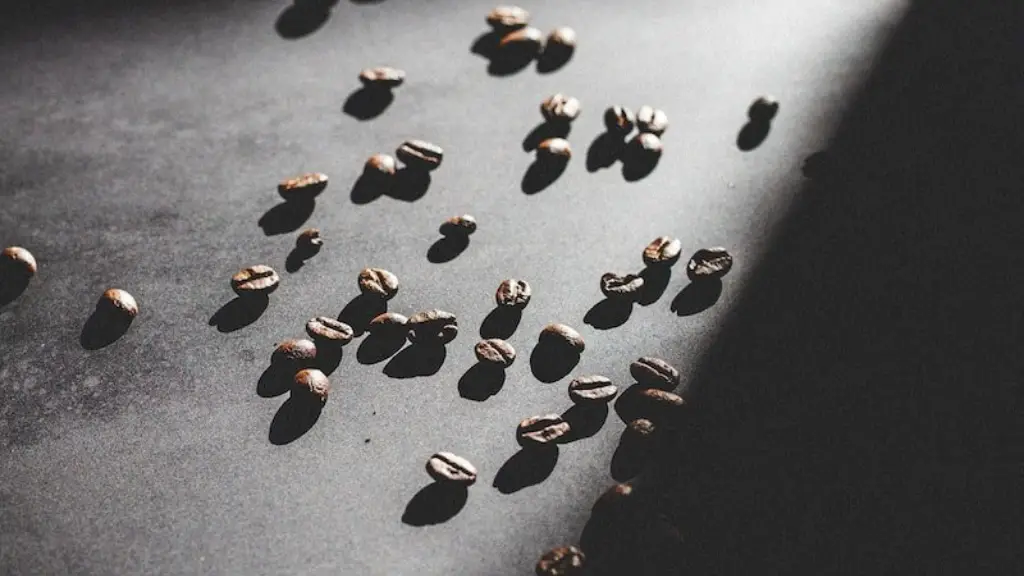It is common for coffee lovers to experience a headache when they drink coffee. Studies have indicated that the effects of caffeine on headaches are varied and depend on the individual. A number of factors may be associated with headaches when drinking coffee, including the amount of caffeine consumed, the person’s genetic makeup, and the type of coffee consumed. It is also possible that coffee triggers a headache reaction in some people as a result of its stimulating effect on the central nervous system.
Caffeine and Headaches
Numerous scientific reports have highlighted the potential link between caffeine and headaches. Caffeine is often used as a remedy for headaches, but research suggests that it may, in fact, cause headaches for some people. This has led to speculation that the stimulating effect of caffeine may act as a trigger, causing headaches in some individuals who are affected by it. In addition, there may be an association between high doses of caffeine and the occurrence of headaches; however, more research is needed to determine the exact nature of this relationship.
It is possible that people who are particularly sensitive to caffeine are more likely to suffer from headaches when drinking coffee. A recent study identified that individuals with a genetic variation of the CYP1A2 gene were more likely to report headaches after drinking coffee than those without the gene variant. The genetic variation has been linked to caffeine metabolism, which suggests that those with the gene may be more sensitive to the effects of caffeine. Therefore, it is possible that caffeine consumption may trigger headaches in people who are more sensitive to its effects.
Type of Coffee consumed
The type of coffee consumed may also play a role in headaches when drinking coffee. It has been suggested that espresso may result in more pronounced headaches than other types of coffee. This is thought to be due to the higher caffeine content and higher levels of phenolic compounds contained in espresso. Darker roasts of coffee may also contain more phenolic compounds, which may lead to headaches in some individuals. Thus, the type of coffee may be a factor in triggering headaches for those prone to them.
It is also important to consider the amount of caffeine which is consumed. Consuming more than four cups of coffee per day may lead to tension headaches for some people. In addition, binging on coffee can lead to severe headaches, along with other symptoms such as dizziness and nausea. If you have ever experienced a severe headache after drinking coffee, it is advisable to reduce your intake and opt for decaffeinated or low-caffeine coffees.
Dietary Factors
In addition to the type of coffee consumed and its caffeine content, dietary factors may also play a role in headaches when drinking coffee. It is possible that certain foods and drinks, such as those containing nitrates, may act as triggers and cause headaches when consumed with coffee. Nitrates are naturally occurring compounds which are found in processed meats, some green leafy vegetables, and red wine. Therefore, it is important to consider what other foods you are consuming alongside coffee and whether they could act as triggers for your headaches.
In addition, some people may experience headaches as a result of dehydration. Caffeine is a diuretic, meaning that it increases urine production and can lead to dehydration. Therefore, it is important to ensure that you are consuming liquids throughout the day to stay hydrated when drinking coffee. In addition, certain medications may interact with caffeine and other ingredients found in coffee and trigger headaches. Therefore, if taking medication, it is important to consider the potential for interactions.
Managing the Headaches
If you experience headaches when drinking coffee, there are a number of strategies which may help to manage them. Firstly, it is important to reduce caffeine consumption to see if this helps to prevent headaches. Additionally, using a decaffeinated or low-caffeine coffee can also help to reduce the risk of experiencing headaches. It is also possible to consume coffee alongside certain foods which may help to reduce the occurrence of headaches. Furthermore, it may be beneficial to reduce stress levels, as stress can exacerbate headaches when drinking coffee.
In addition, it is also important to consider other lifestyle factors which may be contributing to headaches when drinking coffee. Participating in regular exercise, eating a balanced diet, and ensuring that you get sufficient rest can all help to reduce the risk of headaches when consuming coffee. Additionally, ensuring that you are well hydrated throughout the day can also help to reduce the risk of experiencing headaches when drinking coffee.
Conclusion
Headaches when drinking coffee can be caused by a variety of factors, including dietary imbalances, genetic predispositions, and the type of coffee consumed. It is important to consider various aspects of lifestyle and diet when trying to alleviate the occurrence of headaches when drinking coffee. Additionally, reducing caffeine consumption and opting for a low-caffeine or decaffeinated coffee may also help to reduce the risk of experiencing headaches when consuming coffee.


